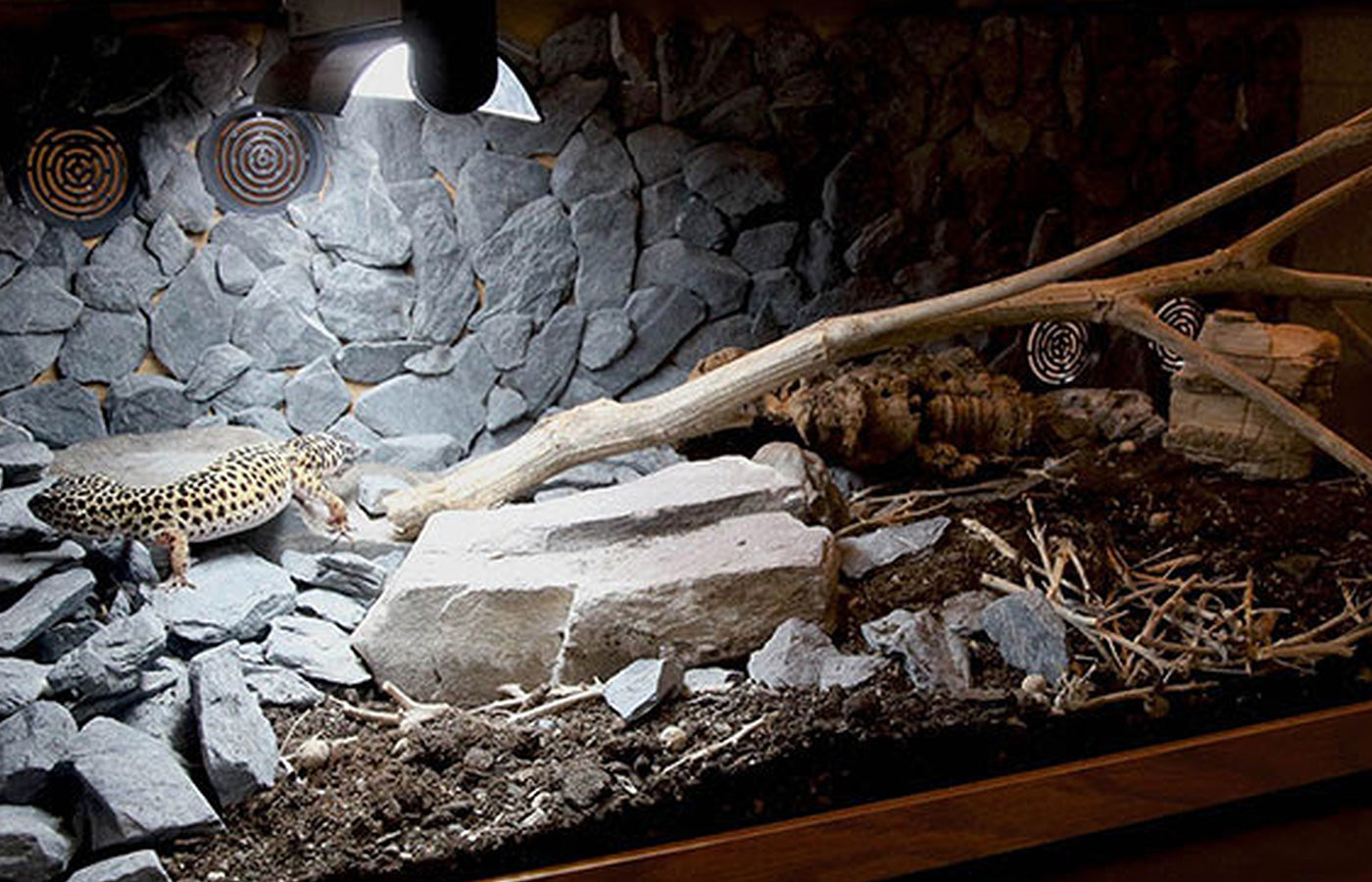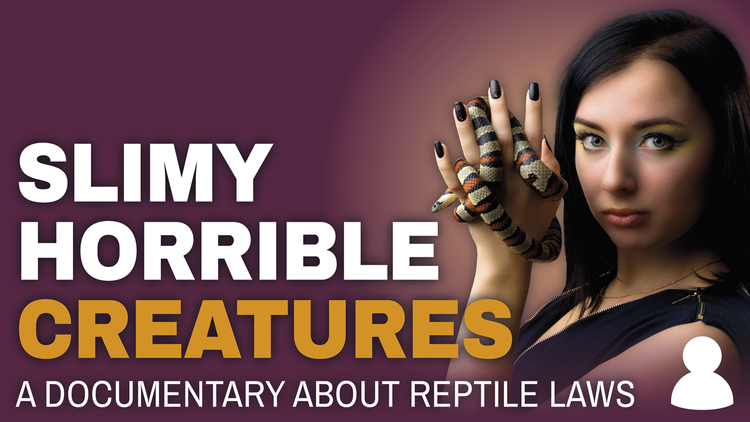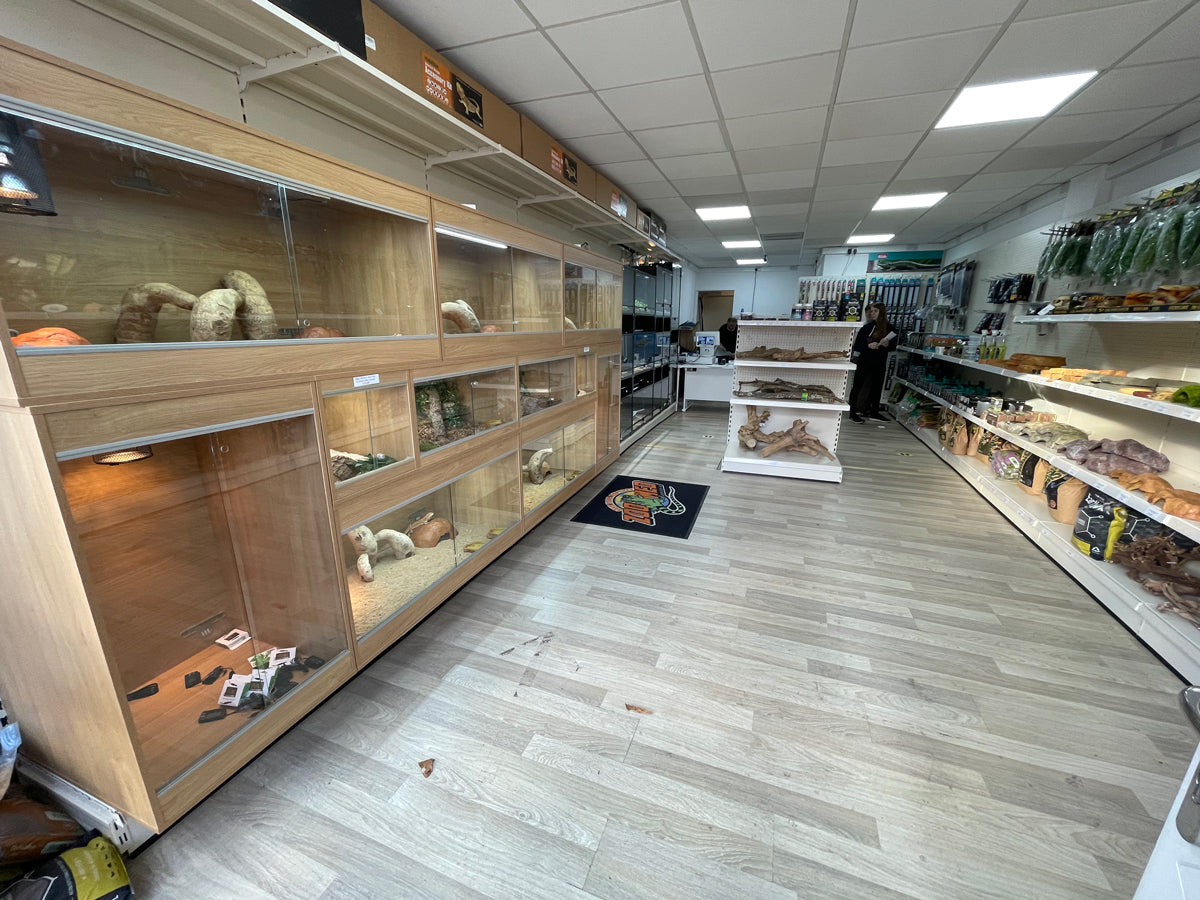At Internet Reptile we have long advocated that leopard geckos, like almost any animal, will benefit from exposure to good quality UVB light. Even the most outdated care sheets or old fashioned care methods are unanimous in their conclusion that access to calcium and vitamin D3 are an essential part of successfully keeping leopard geckos.
Vitamin D3 is produced naturally by the body after exposure to natural sunlight, so if it were true that leopard geckos were 'nocturnal' and have no access to UV light in the wild, the need for vitamin D3 would not exist. It has now extensively been shown that leopard geckos are actually crepuscular (active during low levels of sunlight) and will often hide or rest with parts of their body exposed to light at other times. It is by this method that a leopard gecko will 'manufacture' its own vitamin D3 in the wild.
So whilst it may be possible to deprive your leopard gecko of the natural UVB light it needs to create essential vitamin D3 and instead provide a synthetic source using a vitamin powder, why you would want to?
Your geckos body has evolved over millions of years to use low levels of sunlight to create the exact dosage he or she needs, how will you ensure this exact dosage is provided to your gecko?
Advanced breeders have and continue to raise leopard geckos in racking systems without UV exposure, they do however rely on years of experience with strict gut loading and supplementation regimes to get it as close to perfect as it can be. The use of insects that have been in a tub a few days or not gut loaded perfectly would simply never happen in these operations, the realities of a busy schedule and keeping a pet are very different.
Check out the video as Arcadia Reptile discuss this subject even further in the context of their incredible new range of ShadeDweller 7% UVB lighting





